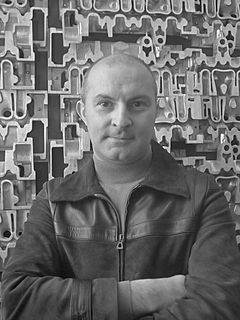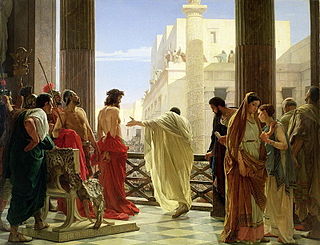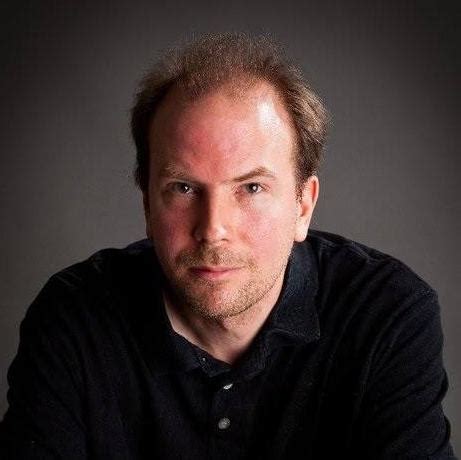A Quote by William Blackstone
Related Quotes
[I]n my country, when they would say a man has no sense, they say, such an one has no memory; and when I complain of the defect of mine, they do not believe me, and reprove me, as though I accused myself for a fool: not discerning the difference betwixt memory and understanding, which is to make matters still worse for me. But they do me wrong; for experience, rather, daily shows us, on the contrary, that a strong memory is commonly coupled with infirm judgment.
Time doesn't exist. It doesn't exist in any way. It's more subjective than real. Time doesn't exist. I believe in memory. Memory is the real inspiration. Memory creates time. Memory is pure power. Pure power and pure strength, and pure utilization of space and time (if time is something we can really ever label). But I don't believe in time itself.
I urge all Texans to answer the call to serve those in need. By volunteering their time, energy or resources to helping others, adults and youngsters follow Christ's message of love and service in thought and deed. Therefore I, George W. Bush, Governor of Texas, do hereby proclaim June 10, 2000, Jesus Day in Texas and urge the appropriate recognition whereof. In official recognition whereof, I hereby affix my signature this 17th day of March, 2000.
Memory is therefore, neither Perception nor Conception, but a state or affection of one of these, conditioned by lapse of time. As already observed, there is no such thing as memory of the present while present, for the present is object only of perception, and the future, of expectation, but the object of memory is the past. All memory, therefore, implies a time elapsed; consequently only those animals which perceive time remember, and the organ whereby they perceive time is also that whereby they remember.
It is contrary to the principles of reason and justice that any should be compelled to contribute to the maintenance of a church with which their consciences will not permit them to join, and from which they can derive no benefit; for remedy whereof, and that equal liberty as well religious as civil, may be universally extended to all the good people of this commonwealth.
Memory is strange. Scientifically, it is not a mechanical means of repeating something. I can think a thousand times about when I broke my leg at the age of ten, but it is never the same thing which comes to mind when I think about it. My memory of this event has never been, in reality, anything except the memory of my last memory of that event. This is why I use the image of a palimpsest - something written over something partially erased - that is what memory is for me. It's not a film you play back in exactly the same way. It's like theater, with characters who appear from time to time.
But pain may be a gift to us. Remember, after all, that pain is one of the ways we register in memory the things that vanish, that are taken away. We fix them in our minds forever by yearning, by pain, by crying out. Pain, the pain that seems unbearable at the time, is memory's first imprinting step, the cornerstone of the temple we erect inside us in memory of the dead. Pain is part of memory, and memory is a God-given gift.


































